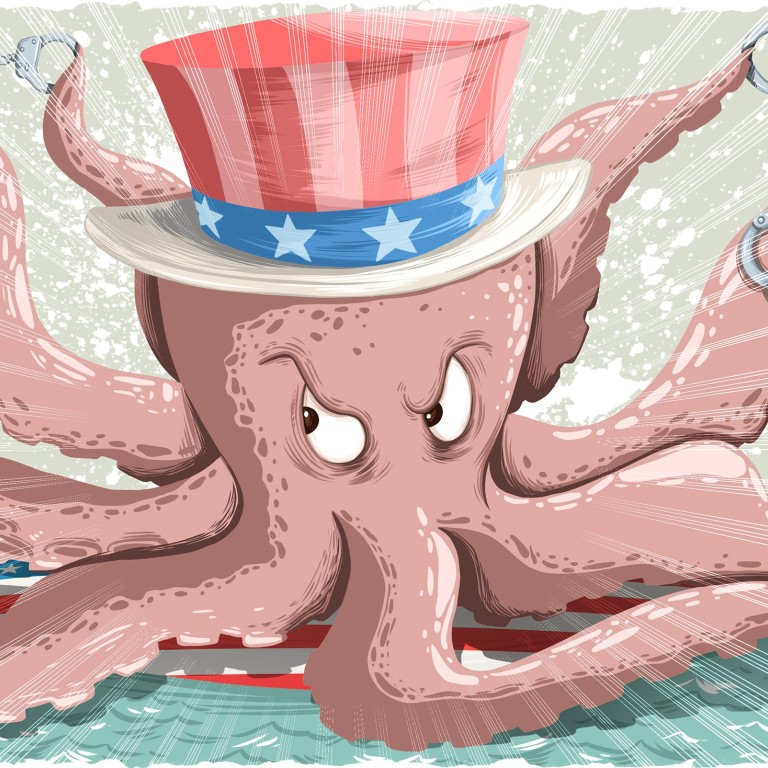
The long (American) arm of the law: how Huawei CFO’s arrest reopened an old wound in China-US relations
- Sabrina Meng Wanzhou and her company are the latest to be encircled by America’s ‘long-arm jurisdiction’
- Case stirs debate in China over how the US enforces its laws against foreign businesses and individuals
The high-profile arrest in Canada and possible extradition to the United States of the chief financial officer of Chinese telecoms giant Huawei has stirred debate over how the US enforces its domestic laws against foreign businesses and individuals.
There are few details around the December 1 detention of Sabrina Meng Wanzhou at Vancouver’s airport at the request of the US, but what is known is that Washington is seeking Meng’s extradition on fraud charges related to alleged breaches of US and European Union sanctions on Iran.
Meng, 46, who was arrested by Canadian authorities on her way from Hong Kong to Mexico, was released on C$10 million (US$7.5 million) bail on Tuesday. She is to return to court on February 6 to set a date for her extradition hearing.
From the outset, the case prompted a furious reaction from China. The foreign ministry described Meng’s treatment as “vile” and warned of “grave consequences” against Ottawa unless the executive was released.
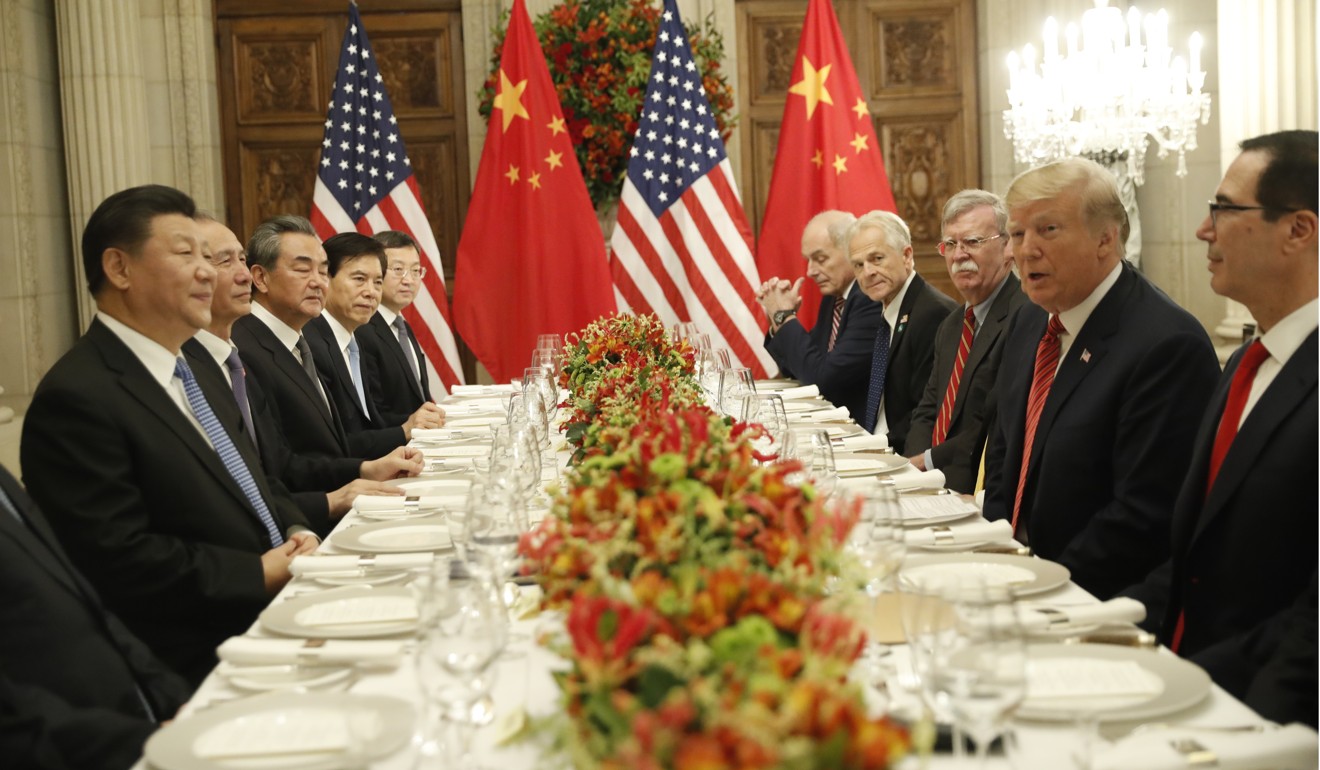
Meng’s arrest cast a shadow over already deteriorating US-China relations. It came just as Beijing and Washington reached a ceasefire in their months-old trade war, a truce that was barely enough to keep tensions from doing further damage to bilateral ties.
The case also reopened an old wound in Beijing’s relationship with Washington. Meng and her company are the latest to be encircled by America’s “long-arm jurisdiction”, a power often denounced by China’s Communist Party as a cover for US hegemony and “imperialism”.
Huawei CFO’s arrest shows risks to executives as US starts targeting individuals
What is long-arm jurisdiction?
Long-arm jurisdiction is the ability of one country to enforce its laws and rules over entities from another, often through the courts.
Jerry Fang, a partner at Beijing-based Zhong Lun Law Firm, said the US exerted such influence over non-US companies through export controls, national security reviews of foreign investments, anti-money laundering and anti-corruption laws, and securities regulations.
The US Department of Commerce and its Bureau of Industry and Security covered export control and sanctions cases; the US Department of Justice was involved in anti-money laundering, anti-corruption and trade secrets espionage cases; and the Justice Department and Securities and Exchange Commission oversaw securities regulation cases.
University of Sydney law specialist Ling Bing called “long-arm jurisdiction” largely a political concept, saying its enforcement often was controversial in the absence of clear definitions in international law.
“It usually does not fit into the basic principles of international laws, but that does not necessarily make long-arm jurisdiction unlawful,” he said.
Ling said China and European countries had been receptive to exercising extraterritorial jurisdiction against foreign entities in antitrust or competition law.
But the move had been controversial when long-arm jurisdiction was applied to export controls and unilateral economic sanctions rather than internationally endorsed sanctions, which are predominantly enforced by the US only, Ling said.
“However, it is rather rare to see the US press criminal charges immediately after the arrest of a top corporate executive from another country based on its domestic laws,” he said, referring to Meng.
Is Meng’s case linked to the trade war?
Zhiqun Zhu, an international relations professor from Bucknell University in Pennsylvania, said Meng’s arrest was more of a geopolitical case than a legal or financial one.
“This is a complicated case. The US government has long considered Huawei a national security threat. So it is an open secret that the US government will get Huawei sooner or later,” he said.
“It is not far-fetched to believe that this is intentional on the US side to force China to make more concessions during the 90-day trade talks following the Trump-Xi meeting,” Zhu added, referring to the Buenos Aires sit-down on the sidelines of the Group of 20 on the day Meng was arrested.
Zhu also said it might not have been a coincidence that the US chose to arrest Meng in Canada.
“To get Canada involved in this is also a calculated move, showing that it is not just the US, but US allies such as Canada and Australia also consider Huawei a threat. This sort of international alliance will have added pressure on China,” he said.
But other legal and international relations specialists, especially those in the US, cautioned critics against reading too much into the Meng case.
“It isn’t long-arm jurisdiction,” said Bonnie Glaser, senior adviser for Asia at the Centre for Strategic and International Studies in Washington.
Glaser said Meng’s detention had nothing to do with the trade war or the slow-moving talks between Washington and Beijing.
Cheers in court as judge frees Huawei’s Meng Wanzhou on US$7.5m bail
“The US has an extradition treaty with Canada,” she said. “Meng broke US law. She transited Canada and that provided an opportunity for the arrest.”
Julian Ku, an international law professor at Hofstra University in New York, also said it was erroneous to apply the term “long-arm jurisdiction” to Meng’s arrest, saying the phrase was often misused.
“The US does sometimes try to apply its laws to activities that occur outside the US, but it is almost always based on a view that the foreign activity has substantial effects on the US,” Ku said.
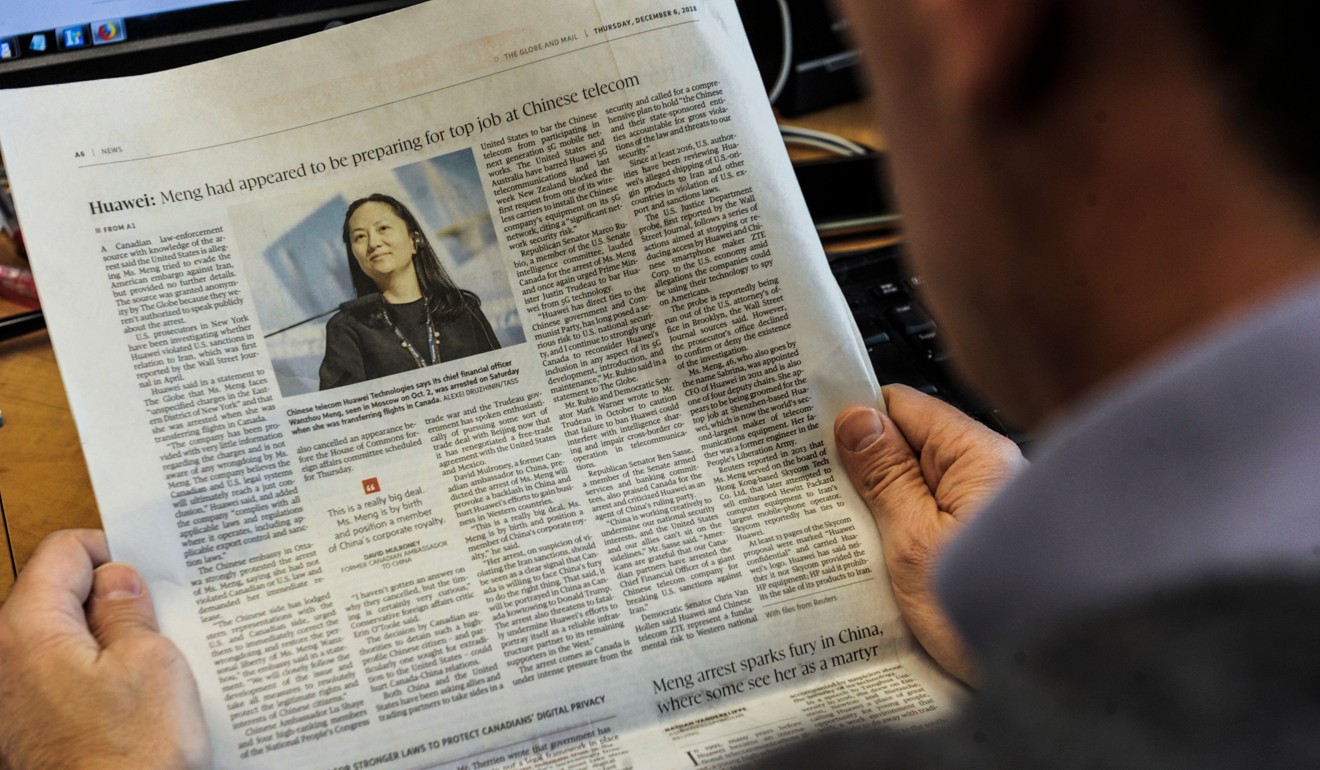
Tsinghua University law professor Li Zhaojie said the differences between the Chinese and American political and judicial systems were at the heart of the controversy over long-arm jurisdiction, the countries’ intertwined trade relations notwithstanding.
“At the end of the day, it is all about national interests, which may not have been fully covered by the existing international laws,” Li said.
What does it mean for Chinese companies offshore?
Zhao Xiaozhuo, deputy director of the Centre on China-US Defence Relations at the Academy of Military Science, said Meng’s case indicated that the US would be more active in extending jurisdiction against Chinese companies.
“This is a risk we have to face as more Chinese companies are investing abroad,” he said.
Pang Zhongying, a Beijing-based international relations specialist, said the Meng case highlighted how “we are still living in an America-centred world order”.
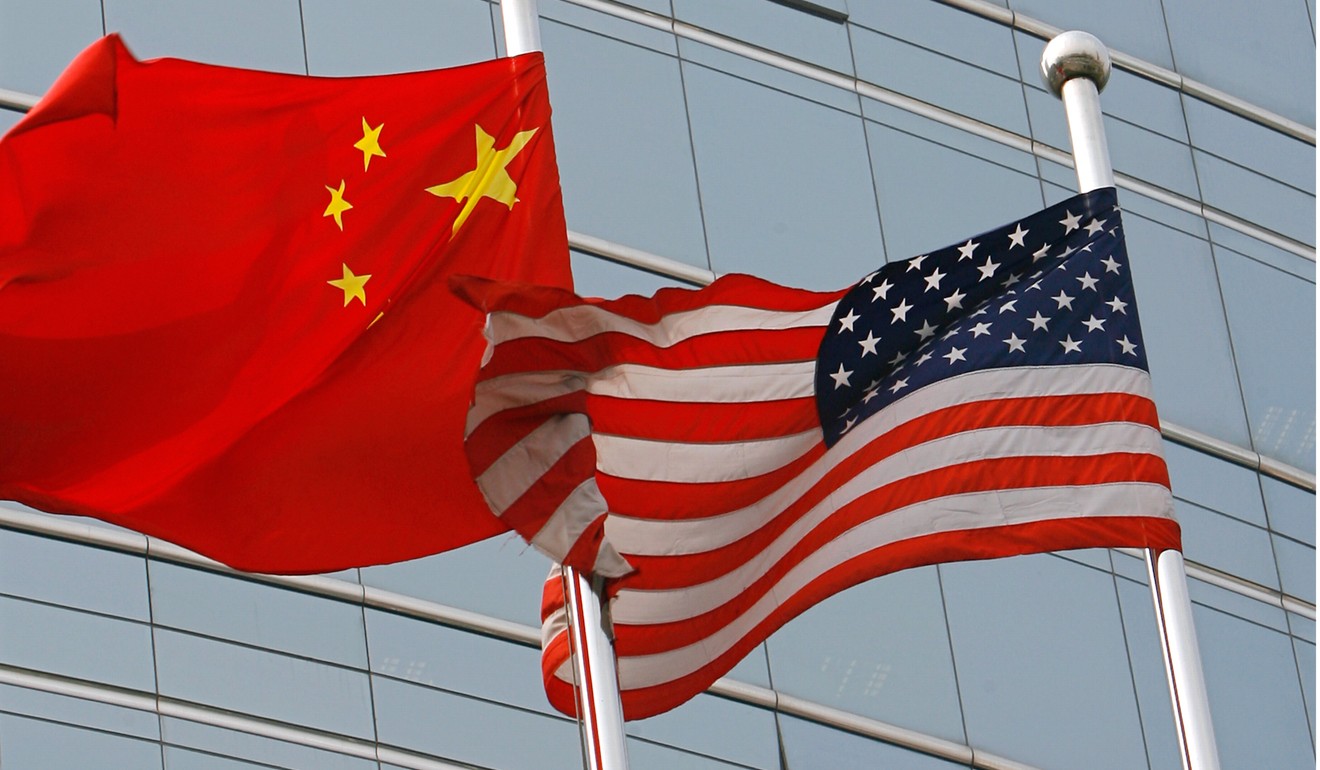
“Despite its relative decline in recent years, the US has maintained its dominant role in global affairs since the second world war,” Pang said.
He said the US had long been able to use its domestic laws against foreign entities because of its superpower status and unparalleled political, economic and military might.
America’s global supremacy had also been made possible by its influence in the world financial system, which is based on the US dollar’s broad acceptance as the world’s reserve currency, and its global use in trade.
The hot mess that is the US-China trade negotiations
Kate Yin, a partner with Shanghai-based law firm Fangda Partners, said the Meng affair and other recent US enforcement action reaffirmed how the US’ “mighty capability in the global financial system and business dealings” allowed it to reach “a much broader group of targets, [whether] they are foreign companies listed in the US or suspicious deals between people in foreign countries with US links”.
Jane Jiang, a partner in the international law firm Allen & Overy, said foreign financial institutions with a US presence had to respect US court rulings and, where applicable, help obtain evidence to avoid being punished for contempt of court. Otherwise they will be subject to both civil and criminal liabilities in the US, she said.
“US dollar clearing is one of the key forms of leverage the US has over a network of multinational financial institutions, through which it can get information needed for its own purpose,” Jiang said, adding that no other country has that ability.
Meng Wanzhou arrest: what if China went after US executives?
The US dollar’s unique status has anchored the global financial system since the end of the second world war. Major commodities, such as oil, have been linked to the American currency. China has been eager to make the yuan a global currency since the financial crisis of 2008-09, but that ambition was thwarted when it learned that it was left with little choice but to hold US Treasuries to fend off risk.
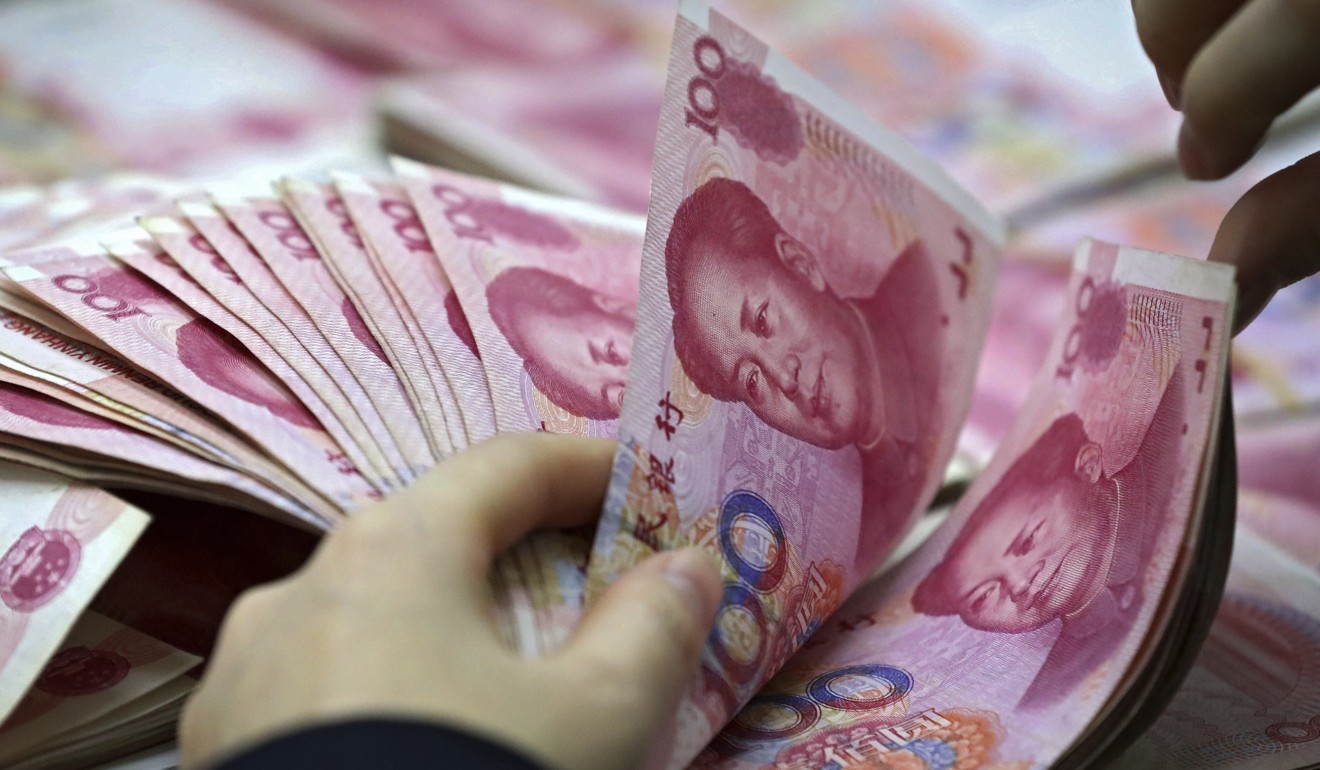
China is not alone in trying to challenge the US dollar’s supremacy, according to Gal Luft, a co-director of the Institute for the Analysis of Global Security in Washington.
“In response to US enforcement of the sanctions on Iran, the European Commission issued [last week] a set of proposals aimed at challenging the hegemony of the dollar as the global reserve currency,” he said.
Gary Liu Shengjun, head of the China Financial Reform Institute in Shanghai, said that while China had encouraged its partners in the “Belt and Road Initiative” to do transactions in yuan instead of dollars, it had a long way to go before the yuan was widely adopted in trade invoicing and settlement payments.
“The imminent problem is how to handle the cold war with the US,” Liu said. “Starting from the Huawei incident, we’ll see more Chinese company executives, government officials or researchers in government-backed organisations subject to the threat of the US governments’ various kinds of accusations.”
Huawei more wronged than doing wrong
What China can do?
Fang, from Zhong Lun Law Firm, said more Chinese companies were aware of the US’ influence and were stepping up compliance work.
“I think for Chinese companies, the best option to deal with US long-arm jurisdiction is to exercise care and vigilance with the professional help of Chinese and US lawyers – not denying or simply excluding themselves by playing the victim card or venting excessively emotional or nationalist criticism of the US,” he said.
“Chinese companies should proactively assess their compliance and regulatory risks not just from China but also the major jurisdictions of the US, Britain and the European Union.”
Song Zhongping, a Hong Kong-based military commentator, said the crux of the dispute was the technological race between China and the US.
China had to accelerate its own innovation, relying less on imported technology that could result in a violation of US laws, Song said.
How did this cause friction between China and the US?
Yun Sun, a senior fellow at the Stimson Centre, a Washington-based non-profit, non-partisan think tank, said China’s perspective was that it had a justifiable dispute with the US over the legality and applicability of long-arm jurisdiction.
“In the past, many such cases did not emerge, mostly because the US did not pursue them in order to protect the health of US-China relations,” she said. “Now that a great power competition has become the theme of the bilateral relations, the US is no longer holding back enforcement.”
China has complained for years about Washington’s use of its superpower status and its network of allies and partners across the globe to exercise jurisdiction outside its territory.
Over the past two decades, Chinese companies, especially military-linked defence trading firms such as North China Industries, Poly Technologies and China Precision Machinery Import-Export Corp, have been frequently accused of contravening American and international non-proliferation sanctions on the transfer of weapons of mass destruction to Iran, Syria and North Korea.
Don’t ask why US acted against China’s Huawei. Ask: why now?
With China’s rapid rise and the US moving to tighten sanctions against Iran and North Korea, other Chinese firms have been targeted by US export control bans and unilateral sanctions.
In 2016 and 2017, the Chinese foreign ministry accused Washington – and specifically the US Treasury Department – of using its long arm to penalise the Bank of Dandong in Liaoning province and others for their alleged roles in money laundering in North Korea and Pyongyang’s nuclear programme.
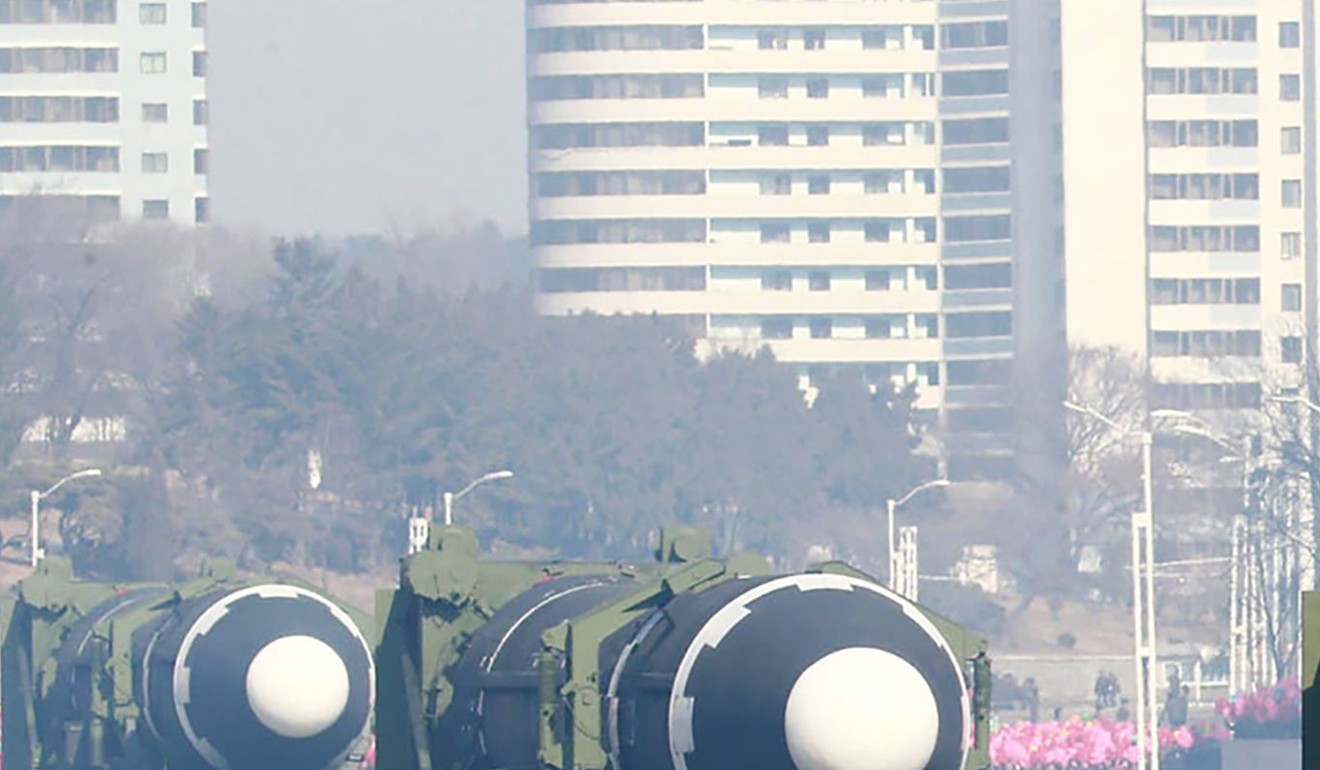
Most analysts say that with the growing competition and rivalry between the two countries, more Chinese companies, especially in the hi-tech sector, will be ensnared in the US’ long-arm jurisdiction.
The US Justice Department and other law enforcement authorities have for years tried to determine whether Huawei violated American export control laws and existing sanctions to sell technology to US-sanctioned countries, including Iran, North Korea, Cuba, Sudan and Syria. FBI and federal prosecutors began to build criminal cases against Huawei’s leadership in 2010, according to The New York Times.
On November 1, then US attorney general Jeff Sessions announced a “China Initiative” that targeted Beijing’s alleged economic aggression. Sessions vowed to identify priority cases and “bring them to an appropriate conclusion quickly and effectively”.
Richard Donoghue, the US lawyer for the Eastern District of New York who signed Meng’s arrest warrant, was serving in the initiative’s working group. Donoghue has led the criminal investigation against Huawei since 2016, according to The Wall Street Journal.
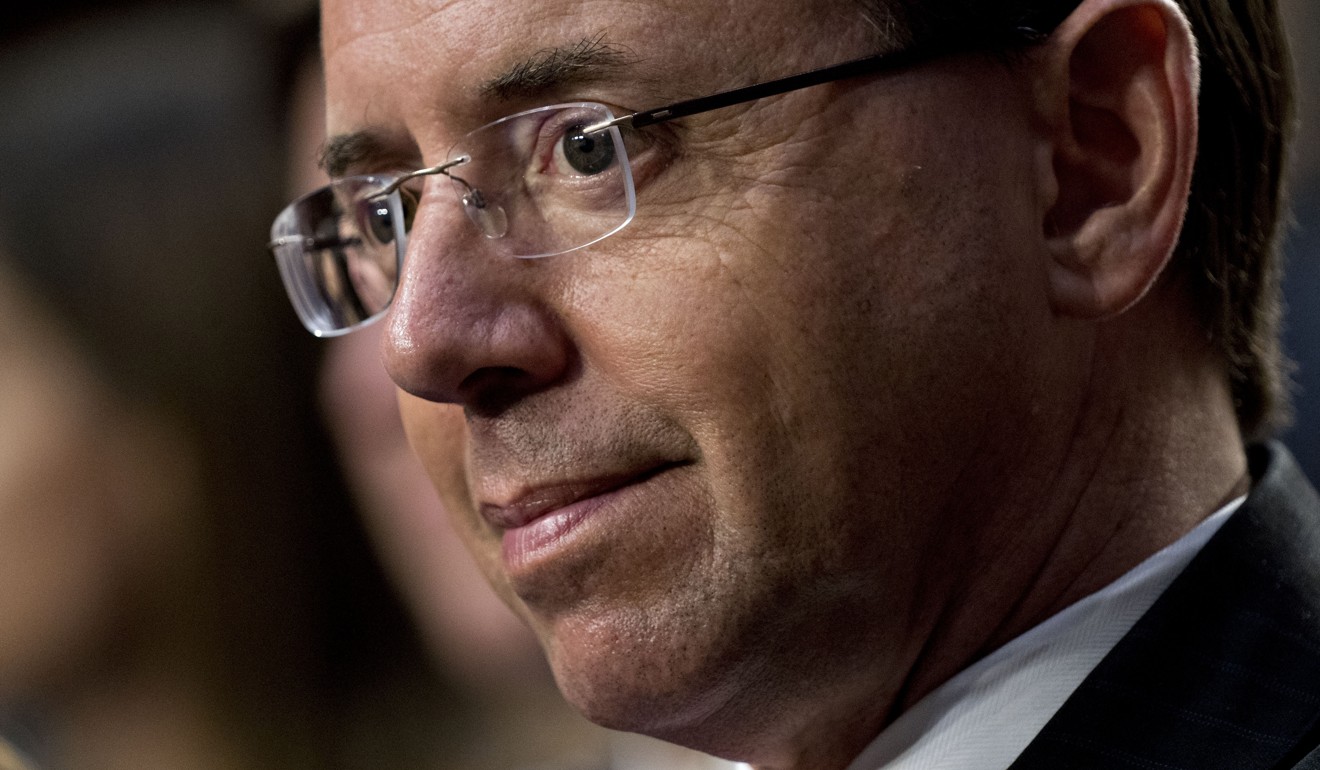
China-US ZTE deal – the calm before the storm
Last year, accusations that ZTE had violated US export sanctions on Iran brought the hi-tech giant to the brink of bankruptcy. The firm was initially blacklisted in the US, but after Trump’s intervention its punishment was reduced to an US$890 million fine.
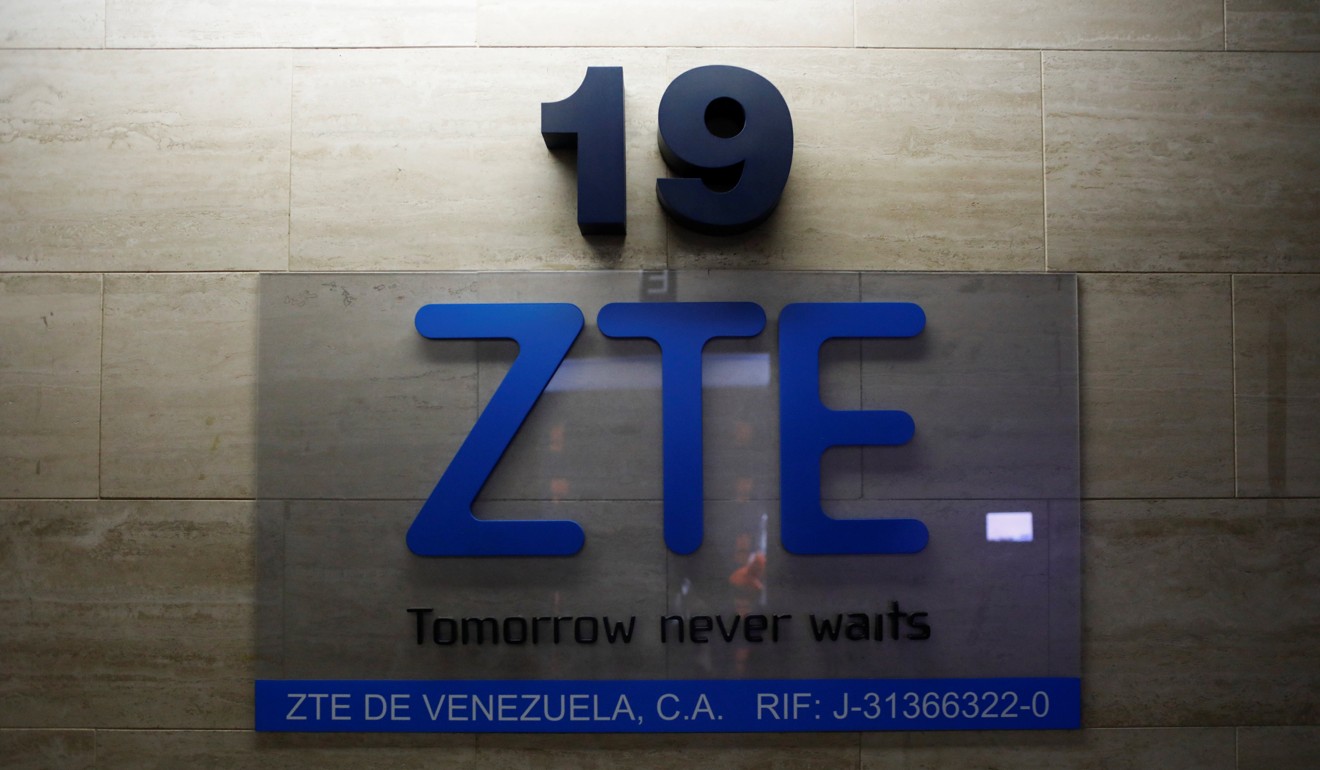
Sourabh Gupta, a senior policy specialist with the Institute for China-America Studies in Washington, expected more Chinese companies to fall victim to US long-arm jurisdiction but they would be limited to the hi-tech sector.
“The US strikes against Huawei, and earlier [moves] against ZTE, in my view have less to do with long-arm jurisdiction and more to do with technology competition with China,” Gupta said.
“In this case, the Iran sanctions law is simply a convenient vehicle with which to prosecute the technology arms race and conserve America’s lead.”
He said it was not a coincidence that the US and its “Five Eyes” intelligence sharing allies – Australia, New Zealand, Canada and Britain – had been “running across the globe breathlessly trying to discourage allies and sundry countries – not just companies – from embracing Huawei’s 5G equipment for their next-generation broadband networks”.
US tech ban on ZTE exposes China’s Achilles’ heel
Like the US, Australia and New Zealand have banned the company from taking part in the construction of 5G networks because of security concerns, while Canada and Britain were also reportedly to follow suit. Japan, another key US ally, looked set to exclude both Huawei and ZTE from government contracts.
“It is an irony that a government which portrays itself as the paragon of free enterprise – and Huawei as a hidden arm of the Chinese government – has no compunction in using its heavy hand to intervene in private markets at home and abroad to skew the playing field,” Gupta said.
Ku rejected the suggestion that the US was using its sanctions policy simply to block Chinese competition, saying the sanctions on Iran had been in place since 1979. But Chinese companies were subject to more legal action in the US, he said.
“China should probably consider more aggressive compliance procedures … or Chinese companies should choose not to rely on the US market for technology,” he said.
This is the first part of a two-part series looking at the controversy behind the long-arm jurisdiction of the US. We will look at whether the arrest of Meng will accelerate China’s push to replace reliance on the US dollar.




